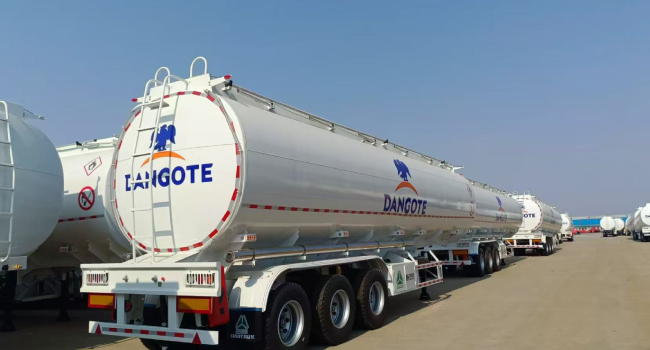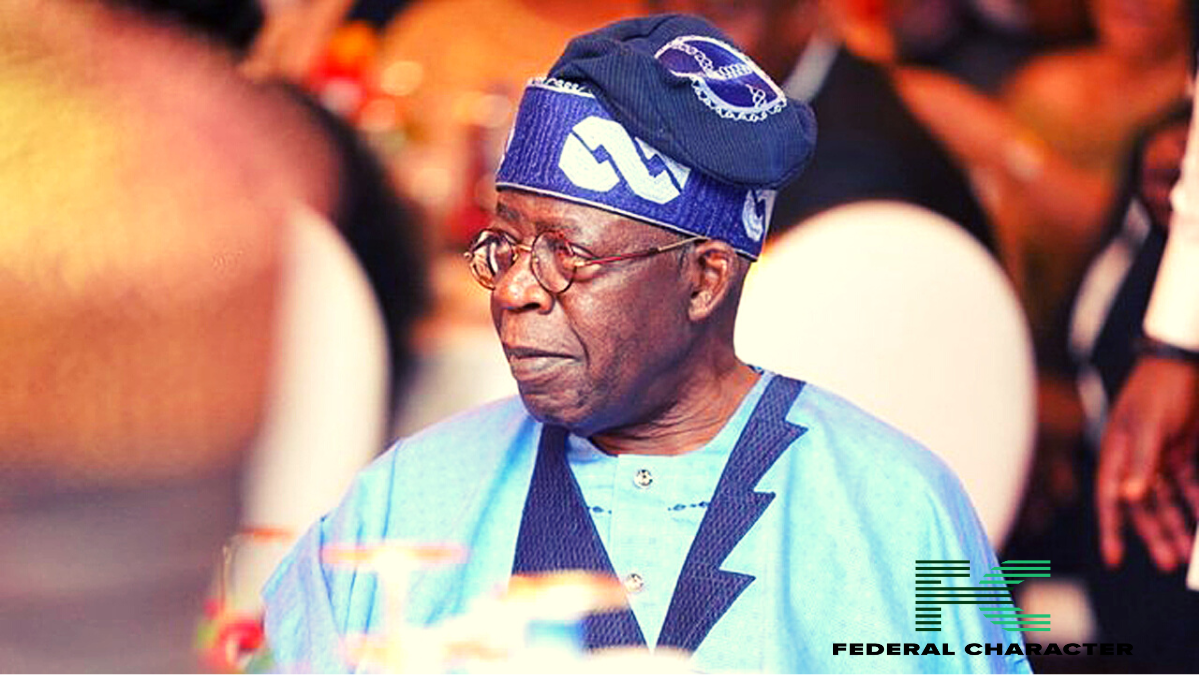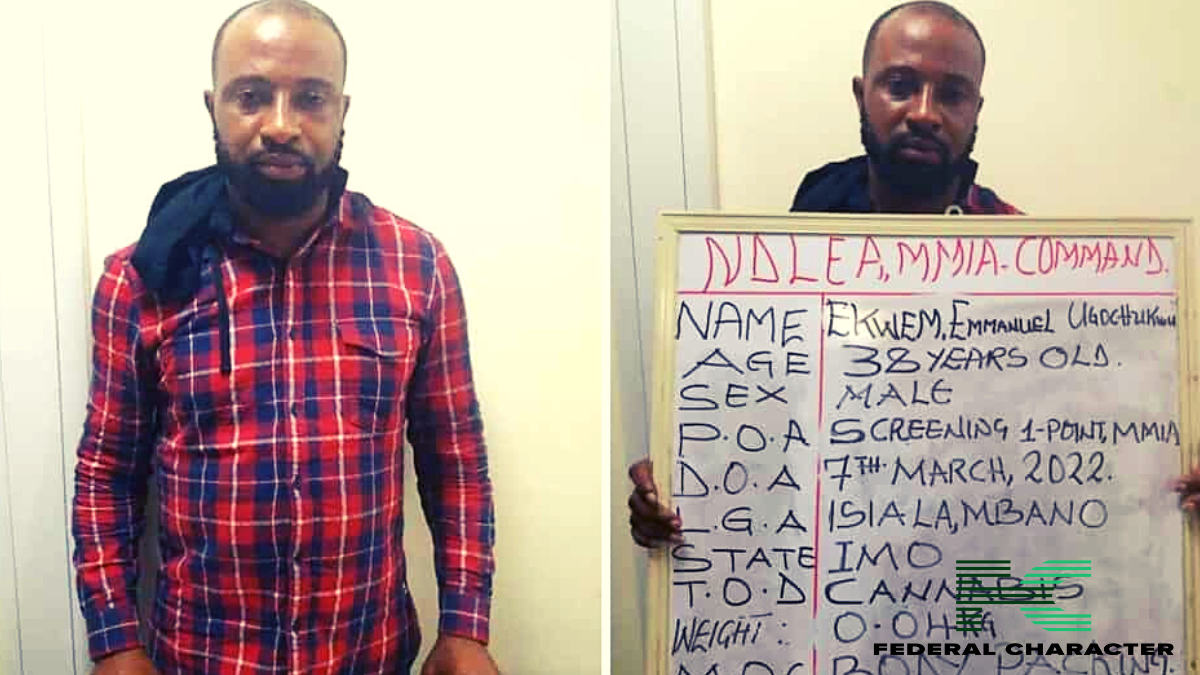This is the new war in Nigeria’s oil sector. Dangote Refinery is not even fully settled yet, and already we are seeing resistance. The big refinery has decided to move its fuel with its own trucks, and this step is shaking the ground under petroleum tanker drivers who for years controlled that space like a cartel. The question is simple: Will Dangote’s trucks kill petroleum tanker drivers’ monopoly?
Old Monopoly Meeting New Power
For decades, petroleum tanker drivers held filling stations and marketers hostage. No product could move without them. They set levies, blocked roads with strikes, and decided who got what and when. It was a monopoly in all but name. Now Dangote enters with billions of dollars sunk into a refinery, and instead of bowing to tanker drivers, he’s putting his own trucks on the road.
This move doesn’t just challenge the drivers; it questions the entire system that fed off their control.

Why IPMAN is Split
The Independent Petroleum Marketers Association of Nigeria (IPMAN) looks divided. The Western Zone called for strike, crying foul that Dangote is trying to edge out tanker drivers. But the national body quickly distanced itself, telling members to ignore the strike.
The national leadership knows the truth: tanker drivers’ monopoly has been a burden on marketers. With Dangote moving his own products, marketers can avoid those endless levies that eat into profit. And for once, it looks like a lifeline.
The Law is on Dangote’s Side
Some people are shouting that Dangote is breaking rules. But the Petroleum Industry Act (PIA) is clear. Whoever owns a refinery can also own trucks, distribute fuel, and even run filling stations. So legally, there is nothing stopping Dangote.
This is where it gets controversial. If the law allows it, why are tanker drivers panicking? Because this is about survival. They know their grip on distribution is slipping. For the first time, someone richer and stronger is saying, “We don’t need you to move fuel.”
What It Means for Nigerians
If Dangote’s direct-to-market model works, we may see cheaper fuel, faster supply, and fewer strikes. No more waiting for tanker drivers to end a protest before fuel reaches filling stations. Nigerians might finally benefit from a stable chain where refinery, trucks, and stations are linked together.
But let’s be real—this is Nigeria. Old powers never die quietly. Tanker drivers will fight back, and politicians who benefit from their control may join the fight. What looks like progress may soon turn into another round of chaos unless government stands firm.
Final Thought
So, Will Dangote’s Trucks Kill Petroleum Tanker Drivers’ Monopoly? The answer is not straight. Yes, Dangote has the law and resources on his side. Yes, this could finally break the chokehold of tanker drivers. But Nigeria’s history tells us no monopoly gives up without a dirty fight.
Right now, Dangote looks like the disruptor, and tanker drivers look like the old guards clinging to power.
















